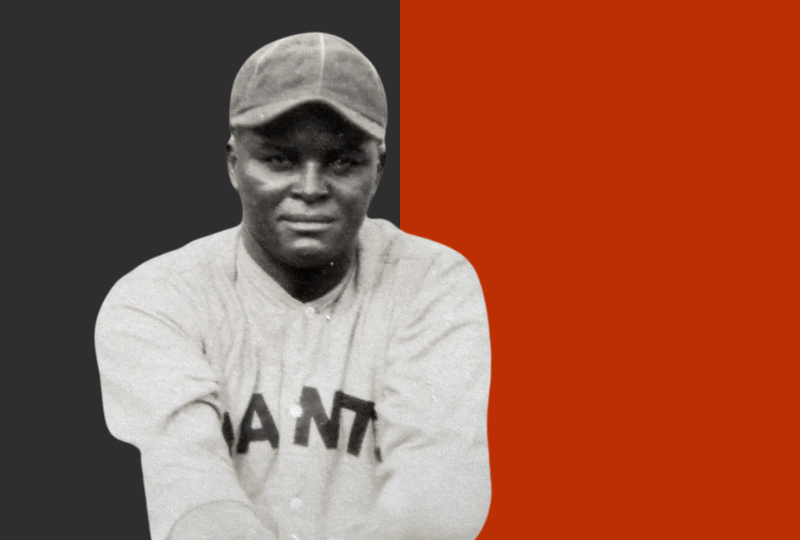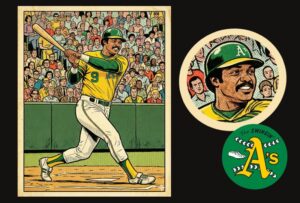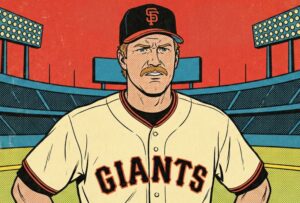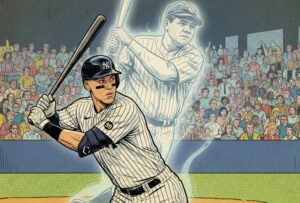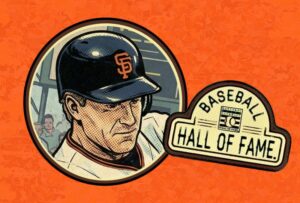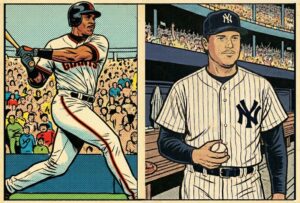One day soon, Major League Baseball is likely to have a team in Nashville. The city seems the most logical U.S. destination for the next expansion franchise.
Nashville has a lot going for it: the weather is hospitable year-round; the city has a major airport and many attractions; the population is healthy and the state is vibrant; Tennessee has no state income tax, making it attractive to professional athletes and baseball employees; and Nashville also has a rich tradition of professional baseball.
For many years, Nashville has hosted a minor league team, and for some time its teams were notable and successful. Nashville also was home to several teams that competed in the professional negro leagues, which prospered prior to 1950.
The greatest player to ever wear a uniform representing a pro baseball team in Nashville is not a household name. But, Biz Mackey deserves to be remembered, for his trademark diligence as well as his superb playing skills.
SEE ALSO: 100 Greatest Catchers in Baseball History Ranked
Negro Leagues in Nashville
The history of Negro professional baseball in Nashville is a tale of resilience and excellence. The city fielded several teams that made significant contributions to the Negro Leagues. The Nashville Elite Giants, part of the Negro National League in the 1920s, showcased the city’s talent and bolstered the league’s reputation. In the 1940s, the Nashville Stars competed in the Negro Southern League, becoming a powerhouse team. Led by stars like Henry Kimbro and Jim Zapp, they left an indelible mark on the local baseball scene. The rich legacy of these teams, often playing in the face of adversity during a time of segregation, serves as a testament to the skill, determination, and cultural impact of Negro League baseball in Nashville.
No-Nonsense Biz Mackey: One of the greatest negro leagues catchers
James “Biz” Mackey earned his place in the Hall of Fame through a combination of exceptional skill, sportsmanship, and an unwavering dedication to the game. Born on July 6, 1903, in Eagle Pass, Texas, Mackey’s impact on the sport would resonate for generations, leaving an indelible mark on the history of baseball.
Mackey’s journey to baseball stardom began in the Negro Leagues, where he showcased his prowess as a catcher and first baseman. His remarkable defensive abilities behind the plate and his powerful presence in the batter’s box quickly garnered attention. His nickname “Biz” reflected his business-like approach to the game, emphasizing professionalism and a commitment to excellence.
In 1920, Mackey joined the Indianapolis ABCs, marking the start of a career that would span over two decades. His skills and leadership qualities were soon recognized by fans, teammates, and opponents alike. Over the course of his career, Mackey played for several Negro League teams, including the Baltimore Black Sox, Hilldale Daisies, and Newark Eagles.
One of Mackey’s defining moments came in 1929 when he led the Hilldale Daisies to victory in the first Colored World Series. His outstanding play during the series solidified his reputation as one of the premier players in the Negro Leagues. Mackey’s contributions went beyond his individual accomplishments; he was also known for mentoring younger players and contributing to the overall growth and development of the teams he played for.
Mackey’s impact extended beyond the field as he became a symbol of resilience and determination in the face of racial adversity. The era in which he played was marked by segregation, and Negro League players faced numerous challenges both on and off the field. Despite the obstacles, Mackey’s commitment to the sport never wavered, and he became a trailblazer for future generations of African American baseball players.
In 2006, James “Biz” Mackey’s legacy was officially recognized when he was posthumously inducted into the National Baseball Hall of Fame. The induction ceremony highlighted Mackey’s significant contributions to the game and his enduring influence on the sport’s history. His plaque at the Hall of Fame serves as a lasting tribute to his exceptional career and the impact he had on the landscape of baseball.
Reflecting on Mackey’s career, fellow Hall of Famer and Negro League player, Monte Irvin, stated, “He was a master of the game. I never saw anyone who could compare with Biz as a catcher. He could throw out a runner at second from his knees.” This quote encapsulates the respect and admiration Mackey earned from his peers. Irvin’s words speak to Mackey’s exceptional defensive skills, highlighting his ability to control the game from behind the plate.
Mackey’s Hall of Fame induction not only honors his individual achievements but also serves as a testament to the resilience and talent of Negro League players who faced adversity during a challenging period in American history. Mackey’s legacy continues to inspire future generations of baseball players, and his contributions to the sport remain an integral part of its rich and diverse history.
In remembering “Biz”, baseball enthusiasts and historians alike celebrate not only a Hall of Fame player but also a trailblazer who paved the way for the integration of the sport and left an enduring impact on the game’s cultural significance.
Player Profile: James “Biz” Mackey
As Josh Gibson is to Johnny Bench, Mackey is to Pudge Rodríguez. That is: he is regarded as the finest defensive catcher in the history of the negro leagues.
Mackey was a switch-hitter and tall for a catcher in his era, at an inch over six feet. He was a high-average hitter with an unyielding energy: for close to two decades he played year-round, choosing to play in California in the winter leagues after the negro league season concluded on the east coast.
Like Rodríguez and Mickey Cochrane, Mackey was a strong leader. He won a negro league title as a player and as a manager, and also won a championship in the Cuban League.
Noted negro leagues historian James Riley wrote that Mackey was “considered the master of defense, [he] possessed all the tools necessary behind the plate: an expert handler of pitchers, he studied people…” And that he “was a master at framing and funneling pitches” and “pitchers recognized his generalship and liked to pitch” to him.

